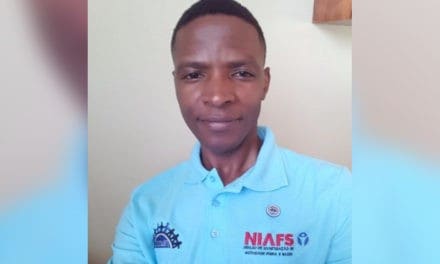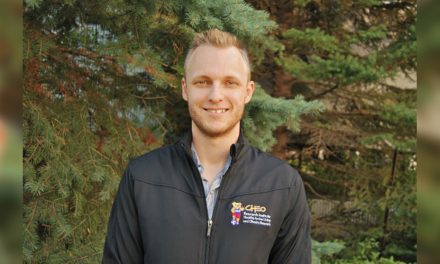Congratulations to former HALO-ites Dr. Shikha Saxena, Jennifer Vo, Priscilla Belanger, Amelie Fournier and HALO Senior Scientist Dr. Patricia Longmuir on the publication of their knowledge mobilization research for children with cardiac conditions! Their paper “Developing patient resources to enable the exchange of healthy lifestyle information between clinicians and families of children with complex heart problems” was just published in Child: Care, Health and Development. Citation details and a summary of the paper are below.
Saxena, S, Vo, J, Millage, J, et al. Developing patient resources to enable the exchange of healthy lifestyle information between clinicians and families of children with complex heart problems. Child Care Health Dev. 2021; 47: 357- 366. https://doi.org/10.1111/cch.12848
Abstract
Background: Healthy active lifestyles are critically important for children with complex heart problems (CHP) that affect heart structure, rhythm or function. They are at increased risk for morbidities such as atherosclerosis, obesity, anxiety and depression. Educating children with CHP and their families about the relevance of healthy lifestyles is an important part of clinical care.
Design: This study used a collaborative approach among six patients/family members and 22 health professionals to develop a series of knowledge-to-action tools suitable for counselling children with CHP and their families about their healthy lifestyle needs.
Methods: After development of the knowledge-to-action tools had been completed, one cardiologist and one research assistant implemented one or more of these new resources during each clinic visit as appropriate for each patient. Thirty-nine parents and eight children completed post-clinic interviews to explore their perceptions of the new resources. The nine resources developed included brochures and websites addressing physical activity with a heart condition, body contact restrictions, exercise test results, emotional health, finding community resources, encouragement for asking healthy lifestyle questions and a brief, in-clinic healthy lifestyle assessment.
Results: Families found the resources useful and helpful for clarifying their specific concerns. They also provided suggestions to improve the content and delivery of the resources so that they would be suitable for a variety of settings-schools, community and sports.
Conclusion: Future research is required to evaluate the effectiveness of these resources for raising awareness and knowledge about healthy active lifestyles among children with CHP and the impact of these resources for changing healthy lifestyle behaviours.
The full paper can be accessed here.




